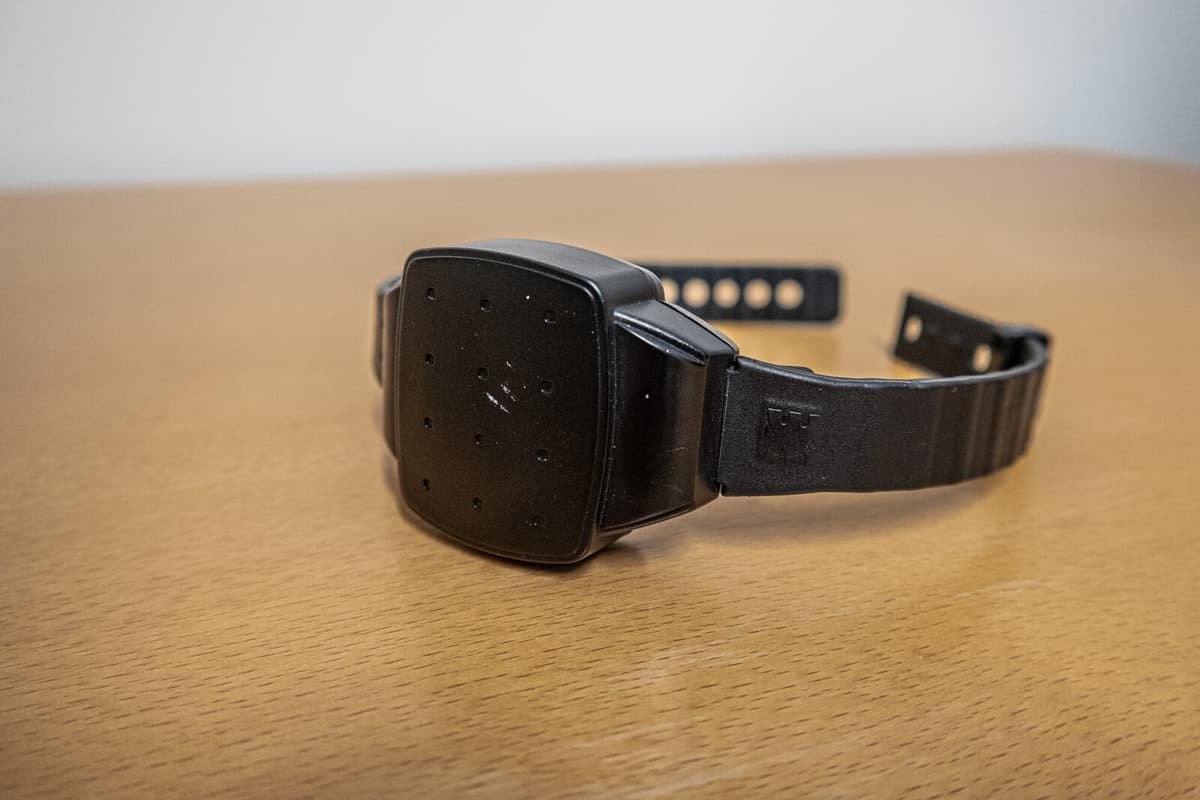On Wednesday morning, the so-called intermediate coercion investigation was presented, which proposes a new law that allows social services to implement early open interventions for children even when consent from guardians is lacking.
The law is intended to be used when a child is on the verge of criminality or addiction.
Electronic Monitoring May Have an Effect
The most intrusive measure in the law proposal is to electronically monitor children using an ankle tag, so that a decision, for example, to keep the child at home in the evenings is followed. Ankle tags can only be given to children who have turned 15 and the measure will be reviewed monthly. The ankle tag can be used for a maximum of six months per year.
It's a very intrusive measure. If the threshold for ankle tags is low, we are negatively inclined. But if it's a question of having an ankle tag instead of placing the child according to the Care of Young Persons Act, it can have an effect, says Fredrik Hjulström, social policy manager at Akademikerförbundet SSR.
The investigator Anna Tengberg says that ankle tags should not be seen as punishment – something Hjulström does not agree with.
What 15- or 16-year-old wouldn't see it as punishment to be put under house arrest with an ankle tag, he asks.
Motivation Issue
The new law proposal also provides the opportunity to direct demands against guardians, including through fines. Fredrik Hjulström believes that fines risk undermining trust in social services staff.
It's incredibly important that guardians and children have confidence in the caregiver and the care. You need to believe in what you're doing. But if you're sitting there because you risk fines, I don't think you're always particularly motivated, he says.
A new law, the Act on Interventions within Social Services for Guardians, Children, and Young People when Consent is Lacking (LIV).
It is intended to complement the Social Services Act.
Decisions according to LIV can be combined with fines.
Participation in activities according to LIV can be compensated with temporary parental allowance.
The investigator estimates that 17,000 decisions according to LIV will be made per year.
It is estimated to result in an additional cost for municipalities of at least 450 million kronor.
Source: The Intermediate Coercion Investigation






